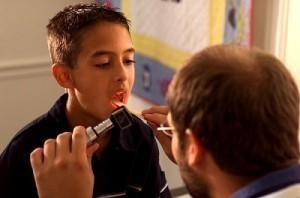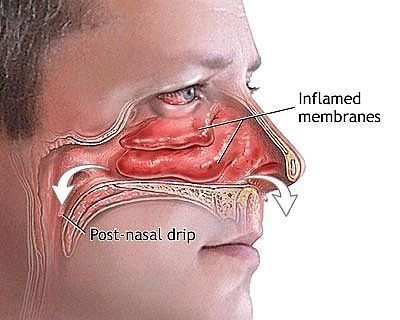Treatment for Strep Throat
Strep throat is an infection that causes the throat to feel sore. Strep throat treatments are necessary because if it untreated, it can lead to complications like rheumatic fever and inflammation of the kidneys.
Treatments
Among the most widely used medications are antibiotics like azithromycin (Zithromax), amoxicillin (Amoxil, Trimox), clindamycin (Cleocin) clarithromycin (Biaxin) and penicillin. Cephalosporin (Keflex, Ceclor) or clindamycin (Cleocin) can be given as well. Penicillin may be given as an injection for children.
The medications will lessen the chances of getting health complications. The antibiotics should improve your condition in a day or two. If there is no fever, one can go back to work or school a day after the treatment.
Pain relievers can also be used if the throat pain is severe. Drugs that may be used include ibuprofen and acetaminophen. These drugs can also reduce fever.
Warning: aspirin should not be taken by children or teenagers. An overdose of the drugs mentioned may lead to health complications too. Only take the medication that your doctor prescribes. The dosage may be indicated in the box or by your doctor.
Signs and Symptoms
People with the infection may experience any of these symptoms: difficulty in swallowing, swelling of the tonsils and red spots on the palate. Children and adults may also get fever, headaches and sometimes rashes. Stomach aches have also been reported, as is vomiting.
Before getting strep throat treatments, make sure you have one. The symptoms described earlier can be due to tonsillitis or a virus carrying another kind of disease. It is also possible for one to have strep throat minus a sore throat. Some people are strep carriers. They do not get sick, but they can pass the infection to others.
Complications
Go see your doctor if your fever is over 101 F and the sore throat endures for more than two days. Any problems involved with breathing require immediate medical attention. If you are taking antibiotics and there is no noticeable improvement in two days, consult your doctor.
If your urine turns into a cola color after a week, see your doctor. This is a sign you have kidney inflammation. Rheumatic fever may have set in if you get fever with joint pain three weeks after the infection clears.
Consult your doctor if you suspect these health complications have arisen. However, these usually come up only if the infection is not treated. Problems can also occur if medications are not taken in their entirety.
Causes and Spread
This infection is caused by the Streptococcus pyogenes, or group A streptococcus. These are contagious bacteria. They are spread by sneezing. Bacteria are also contracted by holding on to surfaces with the bacteria. Common sources of transmission are doorknobs, cooking and eating utensils and materials used in the bathroom.
The strep throat treatments will work if you take them in the correct manner. Again, it is vital that you ensure the symptoms are due to the infection and not something else. Speak to your doctor to be sure.
References:
http://www.strepthroatguide.com/






